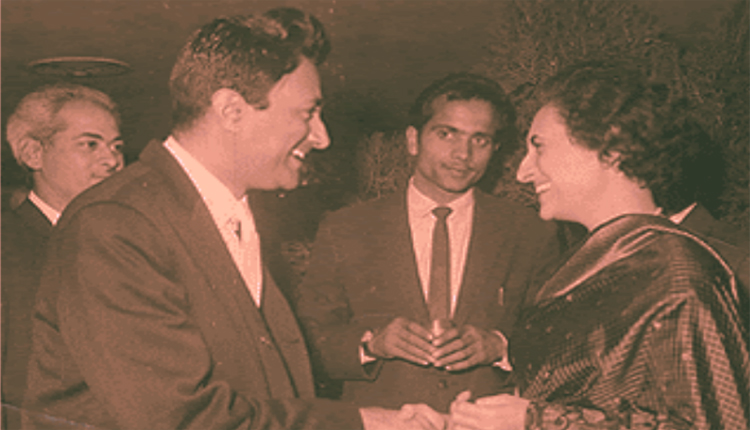New Delhi: In the Rajya Sabha on Thursday, Prime Minister Narendra Modi drew a parallel with Bollywood actor Dev Anand, recalling his legacy, and also alleged that the Congress suppresses dissidence, just like the period of the 1975-77 Emergency. Modi recalled the Congress-ruled government imposing the ban on Dev Anand’s films on state television after the actor declined to support the Emergency clamped by Indira Gandhi.
Modi referred to the autobiography of actor Dev Anand, Romancing with Life, in which the actor said his government pressured him to make a public statement supporting the Emergency. When he refused, Doordarshan banned his films. Similar pressure was put on legends like Dilip Kumar and Kishore Kumar, who said no.
Activism After Emergency—Later in life, after the Emergency in 1977, he campaigned against Indira Gandhi for the Lok Sabha elections and even formed a political party, the National Party of India, which was dissolved later due to an ideological rift.
Modi tied this to past cases of “muzzling of voices,” including the arrest of lyricist Majrooh Sultanpuri for backing a workers’ strike in the Nehru period, the incarceration of actor Balraj Sahni for participating in protest marches, and the dismissal of Hridaynath Mangeshkar from All India Radio over a poem he intended to write on Veer Savarkar.
The 1975 Emergency
The Emergency, which was declared on June 25, 1975, was marked by steps to suppress any criticism of the government, arrest political opponents, and roll back civil liberties. Modi’s extreme vitriol comes amid an ongoing political debate on holding leaders accountable for the past and whether dialogue has transformed into censorship on the right.
Congress’s Response
The Congress has yet to react formally to Modi’s allegations, but opposition leaders have referred to such critical views as an effort to distract from current events.



Comments are closed.